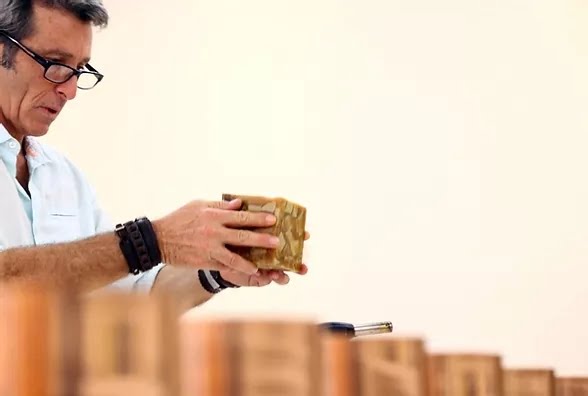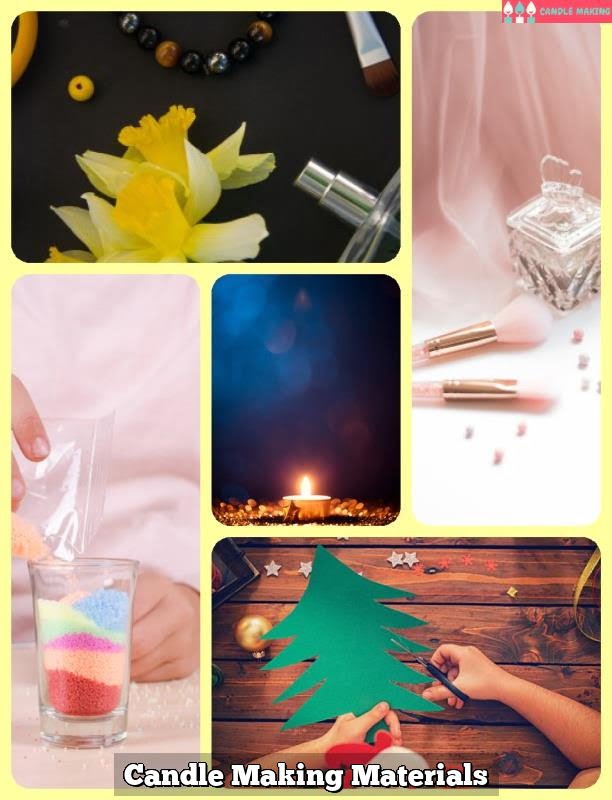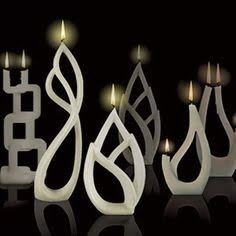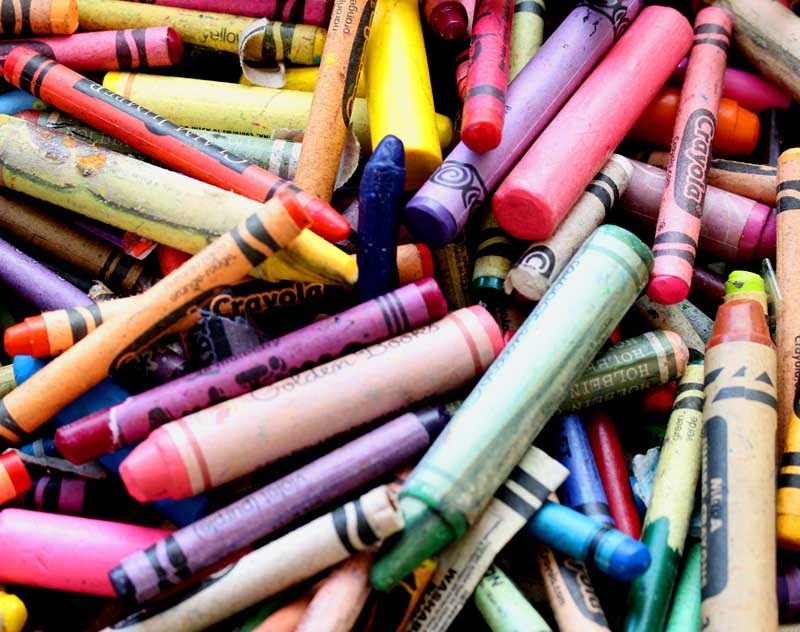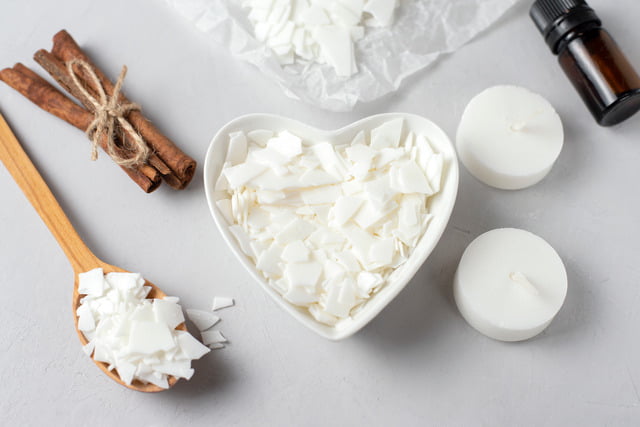Introduction
Making your own candles can be an incredibly enjoyable and rewarding experience. Not only does it give you the opportunity to customize them to your own taste, but it allows you to express your creativity in unique ways. With the right candle-making materials, you can craft completely custom candles in any style or color you choose. Whether you’re looking for something simple or intricate and luxurious, there are endless possibilities when it comes to creating candle designs that suit your needs. From waxs and wicks to dyes and fragrances, there are a range of supplies available that can help you create stunning candles with ease. Read on to find out what materials you need to get started making candles today!
Supplies for Candle-Making
Creating your own candles can be a relaxing and creative way to spend your time. It can also be an exciting project for families to participate in together. As with any craft, the first step is gathering all of the supplies you will need to make your candle-making project successful. Here are some basic materials that beginner candle makers should consider gathering:
Wax: The main ingredient used in making candles is wax. There are many types of wax such as soy, paraffin, beeswax, palm, coconut and others available on the market. Each type of wax has its own characteristics and they may require different techniques for ideal results.
Wicks: Wicks are usually made from cotton covered in paper or metal core that help fuel the flame when lit. They come in different diameters depending on the size of the candle being made and should be purchased accordingly.
Containers: Containers are essential for creating any kind of container candle, such as tins or glass jars filled with wax and finished with a wick. These can be glass or metal jars/tins various sizes/shapes, either sold pre-filled or DIY containers filled with raw materials .
Fragrance Oils: Fragrance oils give off a pleasant smell when heated by the burning wick and come in many different scent varieties ranging from savory to sweet aromas. Candle makers should ensure they purchase fragrance oils specifically designed for candles rather than scented perfumes which could discolour the wax or pose a potential hazard when burned.
Dyes/Pigments: Candle dyes/pigments allow crafters to add colour to their candles giving them an eye-catching aesthetic effect once lit. Dyes are available both online and at local craft stores and come in powder or liquid form depending on preference. They typically dissolve best if added to melted wax before pouring it into molds or containers .
Supplier Options
When buying candle-making materials, one must consider the different supplier options and weigh their pros and cons. The most common types of vendors are wholesalers, retailers, and online suppliers. Wholesale suppliers provide a large selection of items and typically sell at a lower price point than retailers; however, minimum purchases may be required. Retailers often provide smaller selections with higher prices than wholesalers but the convenience of being able to purchase supplies without having to commit to a large order can be beneficial. Online suppliers are an increasingly popular option for purchasing candle-making materials due to the wide variety of supplies available along with competitive pricing; however, shipping can add significant costs depending on order size and distance from the supplier. Ultimately, it’s important to understand each vendor type’s offerings as well as any costs associated in order to make an informed decision when selecting a supplier for your candle-making needs.
Selecting the Right Materials
When buying materials for candle-making, it is important to consider certain qualities in order to get maximum performance from your supplies. Some of the key things to consider include the type of wax that will be used, the size of the wicks needed, and how long it should last.
The type of wax plays a key role in candle-making as different types can create different effects. Paraffin wax has been traditionally used to make candles due to its melting point, which makes it easy to pour into shapes and molds. Other waxes like beeswax, soy wax or plant-based waxes can be used if you wish for a more natural and eco-friendly choice. Additionally, some fragrances are better suited for particular types of waxes and so this should also factor into your selection process.
Choosing the right size wick is crucial when making candles. The size should correspond with the type of wax being used and depending on the desired effect; a bigger candle may require a stronger core on the wick than a smaller one does. During production, testing different sizes is necessary until the optimum result is achieved for that specific combination of wax and wick size.
Candle-makers must also decide how long they need their candles to last once lit – do they last just minutes or several hours? For example, thin candles with loose fit wicks will burn faster than thick ones with tightly fitted wicks as they need larger quantities of oxygen in order to keep burning. Therefore proper air access must be taken into account when choosing material components for longer lasting candles.
Troubleshooting
When it comes to making homemade candles, there are several potential issues that could arise if precautions and directions aren’t followed properly. The first possible issue is overheating the wax during the melting process. It’s essential to use a double boiler or crockpot to melt the wax since using a direct heat source can cause flare-ups and burns.
A second issue revolves around using the right wick for your candle type. Poorly chosen wicks can cause problems like mushrooming, incorrect flame heights, and poor burning textures. You’ll also need to ensure that you’re using a properly sized wick ” one that is too large or small can prevent your candle from burning evenly while creating poor performance.
In addition to choosing the right size wick, you’ll also want to make sure it is secured firmly in place so it doesn’t fall out of the container while it’s burning. This can be achieved by inserting the wick further into the container before pouring in your melted wax mixture and securing it down with a small piece of wax or washi tape. Beyond that, you’ll also want to consider how much fragrance oil (or other additives) you’re adding to your mill; adding too much could overpower any great scents placed in the mixture and turn off potential buyers for future projects.
Conclusion
Investing in quality candle-making materials will pay off in the end. By using high-grade raw materials, such as wax, wicks, molds, and fragrances, consumers can expect to create beautiful and long lasting candles. These candles are sure to bring plenty of delight and joy to their owners or those they give them to as gifts. With a wide variety of supplies available at craft stores, hobbyists can easily customize their candles with different colors and scents. If done properly with the right materials, handmade candles are sure to be a pleasure for many years to come. The satisfaction you get from owning beautiful and aromatic homemade decorations plus the fun in making them is well worth the investment in quality candle-making materials!

Welcome to my candle making blog! In this blog, I will be sharing my tips and tricks for making candles. I will also be sharing some of my favorite recipes.

